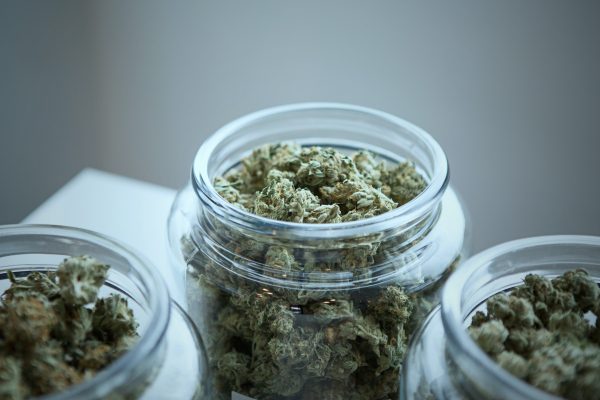In recent years, some have turned to Delta 9 edibles as a potential aid. Delta 9 edibles are food items that contain delta-9-tetrahydrocannabinol, or THC. THC is the main active compound in cannabis that can cause a “high” feeling.
Potential benefits for athletes
Some athletes believe Delta 9 edibles can help them in several ways. Pain relief is one possible benefit. THC may reduce pain and inflammation, which could help athletes recover faster from tough workouts or injuries. Some users report feeling less sore after exercise when using these products.
Improved sleep is another potential advantage. THC might help some people fall asleep faster and stay asleep longer. Stress reduction is also a reported benefit. THC might help some people feel more relaxed and less anxious. This could improve focus during training and competitions.
While there may be benefits, delta 9 edibles also come with risks. The most obvious is impaired coordination and reaction time. THC can affect how the brain and body work together. Another concern is the impact on lung function. While edibles don’t involve smoking, high doses of THC might affect breathing. Many sports organisations ban THC use. Athletes who use Delta 9 edibles could test positive and face penalties.
Ethical considerations
The legal status of Delta 9 edibles varies by location. Depending on where you live, you may be able to use them legally for medical or recreational reasons. In others, they’re completely banned. Athletes need to know the laws where they live and compete. Some people view using THC products as a form of cheating.

Dosage and timing
For athletes who do choose to use delta-9 edibles, dosage and timing are crucial. A 1500 mg edible is a very high dose and not recommended for most users, especially athletes. Most edibles come in much smaller doses, often 5-10 mg per serving. Starting with a low dose is important to avoid unwanted effects. Timing is also key. Edibles can take 30 minutes to 2 hours to start working. Athletes need to plan carefully to avoid being under the influence during training or competition.
Alternatives for athletes
There are many alternatives to Delta 9 edibles that athletes might consider. These include.
- Traditional pain relief methods like ice, heat, and massage
- Non-THC cannabis products like CBD
- Natural anti-inflammatory foods and supplements
- Mindfulness and meditation for stress relief
- Sleep hygiene practices for better rest
It is possible to reap similar benefits without the risks associated with using THC by using these options. Research on Delta 9 edibles for athletes is still limited. Delta 9 edibles for athletes are a complex topic. However, even though some athletes have reported positive results, there are a lot of risks that must be considered before taking the plunge. Impaired performance, legal issues, and potential health concerns make these products controversial in the sports world. Athletes interested in using Delta 9 edibles should talk to healthcare providers and sports officials first.

